
Guide On How To Get Mortgage In Dubai To Buy Properties
Published :
Last Updated :

Published :
Last Updated :
Although housing is a basic necessity, most people are unable to make the large upfront cash payments required to purchase a home. People frequently choose not to get a mortgage.
To purchase a home or other property, people typically take out a mortgage, which is a loan from a bank or lender that they agree to repay over time with interest. After you accept a loan, you pay back the loan each month for a long time, usually 15 to 30 years.
Every payment is split into two sections: the principal, which is used to repay the loan, and the interest, which is the cost of borrowing the money. Since the house serves as security, the lender may seize it (a process known as foreclosure) if you are unable to make payments promptly.

Similar to other regions, a mortgage for real estate in Dubai involves borrowing a portion of the property’s cost from a bank, making a down payment on the property, and then repaying the loan with interest (or profit, in Islamic mortgage arrangements) in monthly installments. However, there are local laws and ordinances to follow.
Both UAE nationals, residents, and non-residents can obtain mortgages in Dubai, but the requirements and terms differ:
Banks check your income, existing debt, credit history, etc. There’s a limit on how much of your monthly income can go to servicing debts, including the mortgage – often not more than 50% (or lower) of your income.
Mortgages are typically repaid over 15–25 years, though some go up to 25 years. Also, repayments must often be completed by a certain age (e.g. by 65 or 70).
This is the difference between the amount you have to pay up front and the portion of the property price that the bank will finance. For instance:
Banks offer fixed‑rate or variable‑rate mortgages. After any fixed period, the rate might switch to something tied to a benchmark (like EIBOR + margin). Rates will vary depending on your profile (salary, down payment, residency status, etc.)
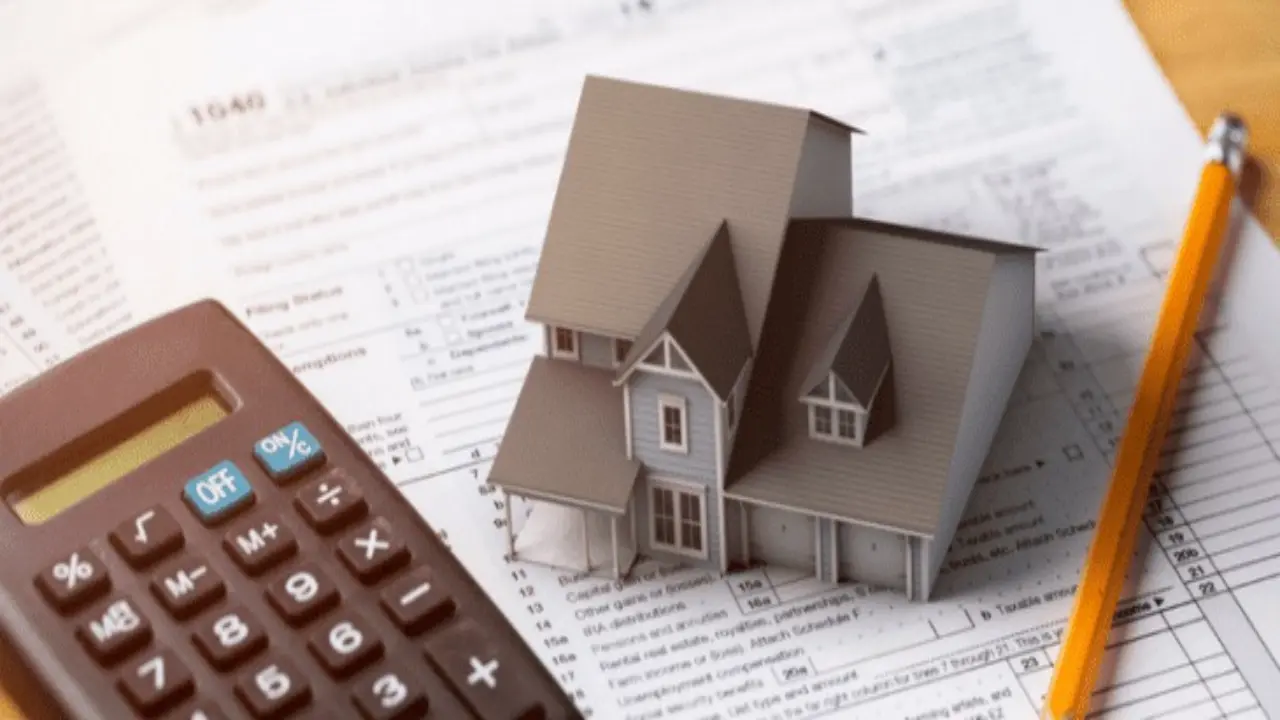
Yes, non-residents can obtain a mortgage in Dubai or the UAE, although the conditions are less advantageous and the regulations are more stringent than for residents. Depending on your nationality, income, place of residence, and amount of down payment, you may or may not qualify.
Note: To be safe, make sure to speak with a UAE property or a lawyer. Pay particular attention to questions about whether the property is freehold, what ownership arrangements apply, the fees, and any potential tax repercussions in both the UAE and your home country.
Before applying for a mortgage, you need to check whether you’re eligible. Eligibility varies depending on whether you are a UAE resident, non-resident, or expat. The general rules are that your income is a minimum AED 10,000/month (varies) with a good credit history.
According to UAE Central Bank regulations for the The mortgage limit for the first property is up to 80% LTV (Loan-to-Value) for UAE nationals and up to 75% LTV for expatriates. For non-residents LTV is typically capped at 50-60%.
Using a mortgage calculator, you can determine how much is allowed to borrow and what your monthly repayments will be.
A pre-approval is a letter from the bank stating how much you can borrow. It’s valid for 60-90 days and helps you negotiate confidently with sellers. There are separate documents that are required for pre-approval.
Once the paper work is underway, you can start looking for a home now that you have been pre-approved. You can collaborate with: RERA-licensed real estate brokers and credible developers (for off-plan properties) and property websites (Bayut, Property Finder, Dubizzle).
After you locate a property, there are two documents to signal Form F and the Memorandum of Understanding (MoU).
Thereafter a 10% down payment is made, which is typically retained by the broker until the transfer.
The bank will designate a valuation firm to determine the property’s market worth when the MoU is signed. At this stage, you can review your documents one last time for final clearance.
After valuation, the bank will issue a final mortgage offer letter outlining interest rates, fees, and terms which you will sign alongside a witness at the bank.
Then, you and the seller meet at the Dubai Land Department (DLD) or a trustee office to pay the remaining down payment, and the bank releases the loan amount to the seller. There are fees involved which you could request from the bank to disclose.
You can obtain the Title Deed in your name after completing the registration process. Until you pay back the mortgage, the bank retains the original title deed. The property is currently available for your occupancy or rental.
Emirates NBD: Offer both fixed and variable-rate mortgages with terms up to 25 years. Expatriates can access loans up to AED 15,000,000 with LTV ratios of up to 80 % (nationals up to 85 %).
Dubai Islamic Bank (DIB): As a Shariah‑compliant lender, they provide Islamic “Home Finance” solutions like Murabaha and Ijara, with flexible profit rates from around 1.79 %‑3.75 %, and LTV up to 80-85 %.
Standard Chartered UAE: As a global bank, it offers one-year fixed home loans from around 2.99 %, followed by variable rate tied to EIBOR. LTV 75-80 %.
Mashreq Bank: Known for digital innovation and a range of flexible mortgage options. Available to both residents and non-residents, with competitive rates and user-friendly tools.
Abu Dhabi Commercial Bank (ADCB): Fixed and variable-rate mortgages are offered, some Islamic options included. The terms are up to 25 years, LTV up to 80-85 % for residents (lower for non-residents).
Emirates Islamic Bank (EIB, formerly Emirates Islamic): Offers the “Manzili” Shariah-compliant mortgage starting at 3.49 % with up to 85 % LTV for nationals (slightly lower for expats).

Your gateway to offline planning in the digital realm. Discover a world of real estate opportunities through our immersive offline property website experience
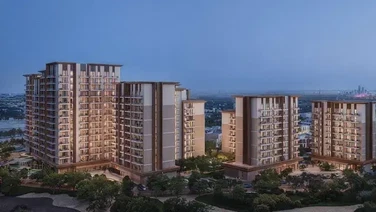
Apartments
AED 1,594,000
Expo City Dubai
1, 2 & 3
889 - 2403 Sq Ft
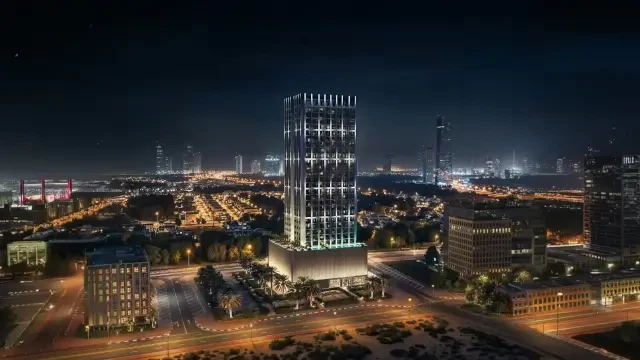
Apartments
Studios
AED 764,999
Jumeirah Village Circle
Studio, 1 & 2
341 - 1827 Sq Ft
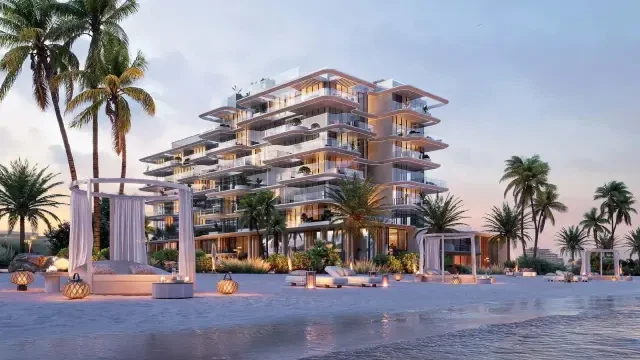
Apartments
Penthouses
Townhouses
AED 2,500,000
Dubai Islands
1, 2 & 3
898 - 3312 Sq Ft
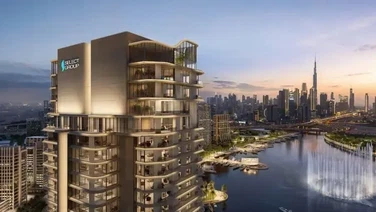
Apartments
Penthouses
Duplexes
AED Coming soon
Dubai Design District
1, 2, 3 & 4
738 - 7767 Sq Ft

Apartments
AED 840,000
Jumeirah Village Circle
Studio, 1, 2 & 3
381 - 1326 Sq Ft

Apartments
Penthouses
Mansions
AED Coming soon
Palm Jumeirah
2, 3, 4, 5 & 6
1541 - 12382 Sq Ft

Apartments
AED 1,594,000
Expo City Dubai
1, 2 & 3
889 - 2403 Sq Ft

Apartments
Studios
AED 764,999
Jumeirah Village Circle
Studio, 1 & 2
341 - 1827 Sq Ft

Apartments
Penthouses
Townhouses
AED 2,500,000
Dubai Islands
1, 2 & 3
898 - 3312 Sq Ft

Apartments
Penthouses
Duplexes
AED Coming soon
Dubai Design District
1, 2, 3 & 4
738 - 7767 Sq Ft

Apartments
AED 840,000
Jumeirah Village Circle
Studio, 1, 2 & 3
381 - 1326 Sq Ft

Apartments
Penthouses
Mansions
AED Coming soon
Palm Jumeirah
2, 3, 4, 5 & 6
1541 - 12382 Sq Ft

Commercial
AED Coming soon
Damac Lagoons
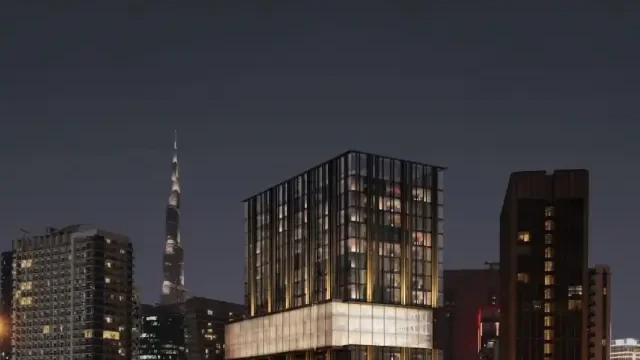
Commercial
AED Coming soon
Business Bay

Commercial
AED Coming soon
Business Bay

Apartments
Commercial
Penthouses
AED 2,000,000
Meydan
1, 2 & 3
640 - 4244

Apartments
Commercial
AED 1,900,000
Sheikh Zayed Road
1, 2 & 3
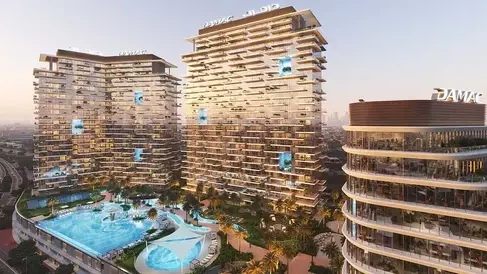
Apartments
Commercial
AED 1,142,000
Damac hills
1 & 2
740 - 6588 Sq Ft

Apartments
Penthouses
Duplexes
AED Coming soon
Dubai Design District
1, 2, 3 & 4
738 - 7767 Sq Ft

Apartments
Penthouses
Duplexes
AED 3,600,000
Downtown Dubai
1, 2, 3, 4, 5 & 6
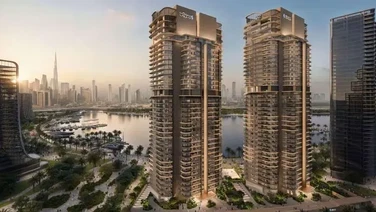
Apartments
Penthouses
Duplexes
AED 2,300,000
Dubai Design District
1, 2, 3 & 4
741 - 1988 Sq Ft
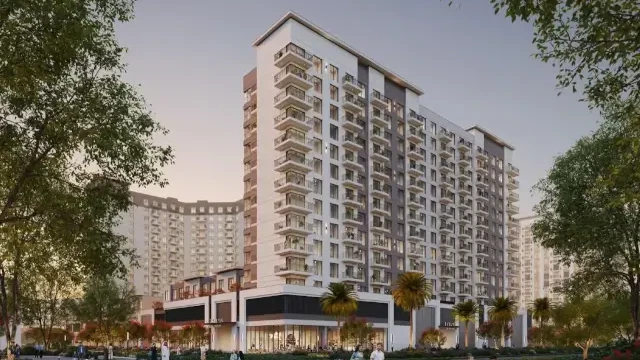
Apartments
Duplexes
AED 1,069,888
Town Square Dubai
1, 2 & 3
609 - 1808 Sq Ft
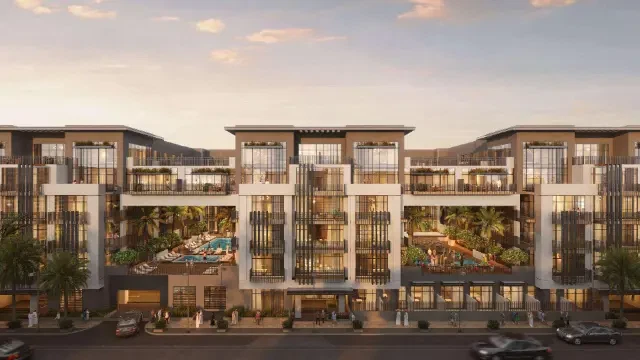
Apartments
Duplexes
Studios
AED 800,000
Jumeirah Village Circle
Studio, 1, 2 & 3
496 - 2,888 Sq Ft

Apartments
Duplexes
AED Coming soon
Dubai Islands
1, 2, 3 & 4
767 - 4,784 Sq Ft

Apartments
Penthouses
Mansions
AED Coming soon
Palm Jumeirah
2, 3, 4, 5 & 6
1541 - 12382 Sq Ft
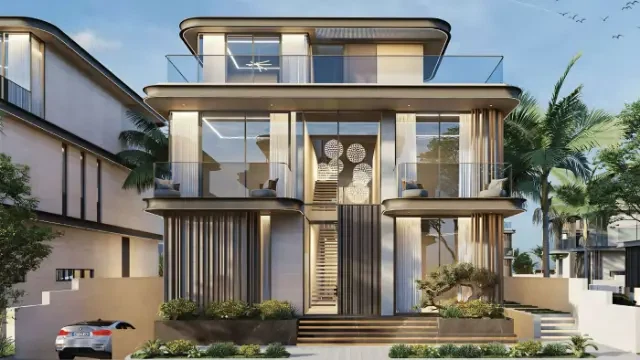
Villas
Mansions
AED 20,000,000
Mohammed bin Rashid City
5 & 6
13,007 - 13,568 Sq Ft
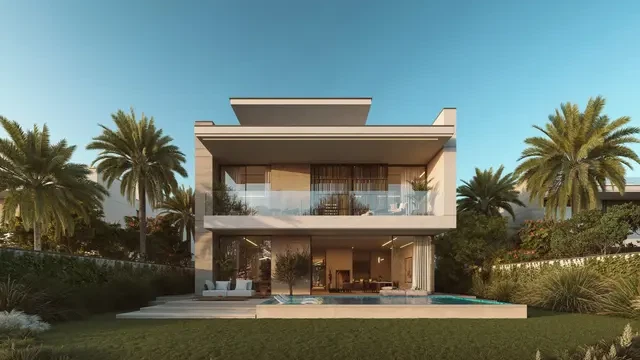
Villas
Mansions
AED 11,800,000
Jumeirah Golf Estates
4, 5 & 6
6069 - 10762 Sq Ft
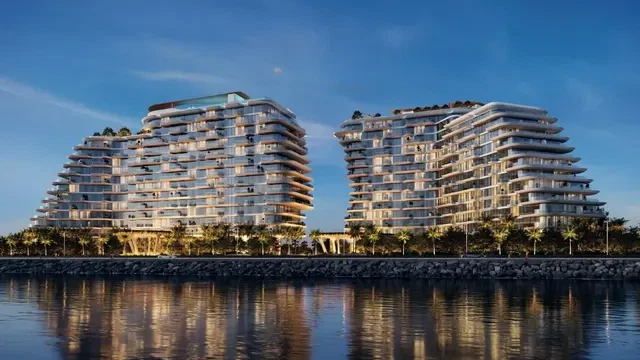
Apartments
Penthouses
Mansions
AED 5,500,000
Palm Jumeirah
1, 2, 3, 4, 5 & 6
940 - 11830 Sq Ft

Mansions
AED 65,000,000
Jumeirah
7
41550 - 49062 Sq Ft
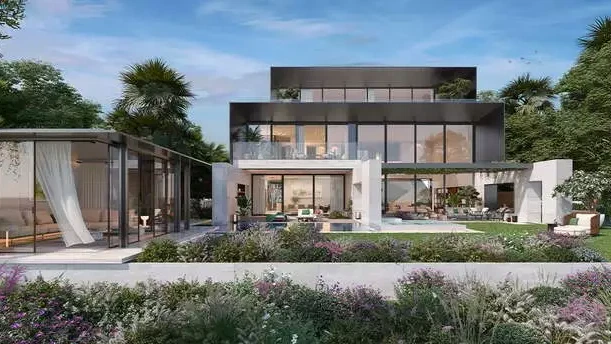
Mansions
AED Coming soon
Tilal Al Ghaf
6 & 7

Apartments
Penthouses
Townhouses
AED 2,500,000
Dubai Islands
1, 2 & 3
898 - 3312 Sq Ft

Apartments
Penthouses
Duplexes
AED Coming soon
Dubai Design District
1, 2, 3 & 4
738 - 7767 Sq Ft

Apartments
Penthouses
Mansions
AED Coming soon
Palm Jumeirah
2, 3, 4, 5 & 6
1541 - 12382 Sq Ft

Apartments
Penthouses
Duplexes
AED 3,600,000
Downtown Dubai
1, 2, 3, 4, 5 & 6

Apartments
Penthouses
Duplexes
AED 2,300,000
Dubai Design District
1, 2, 3 & 4
741 - 1988 Sq Ft
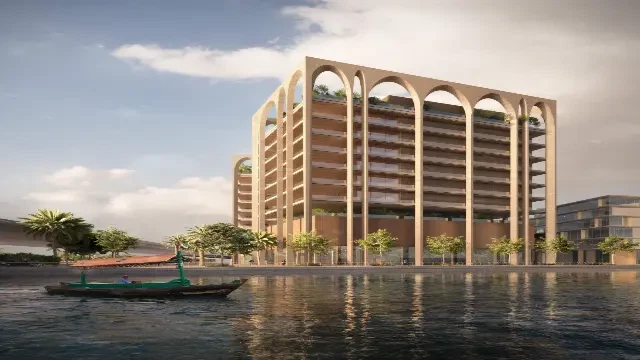
Apartments
Penthouses
AED 138,000,000
Jumeirah 2
2, 3 & 4
4,756 - 9,867 Sq Ft

Apartments
Studios
AED 764,999
Jumeirah Village Circle
Studio, 1 & 2
341 - 1827 Sq Ft

Apartments
Studios
AED 766,999
Jumeirah Village Triangle
Studio, 1 & 2
336 - 1859 Sq Ft

Apartments
Studios
AED Coming soon
Damac Lagoons
Studio, 1 & 2
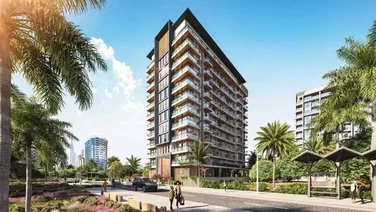
Apartments
Studios
AED 580,000
Dubai Land Residence Complex
Studio, 1 & 2
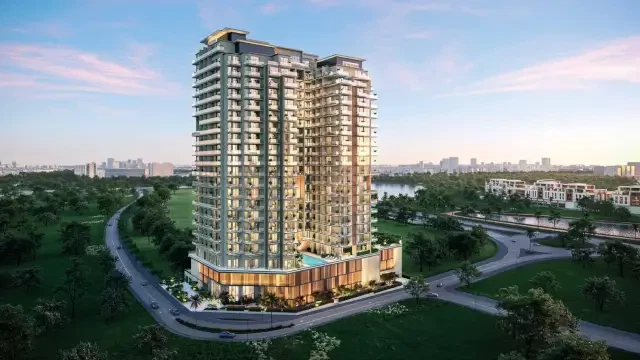
Apartments
Studios
AED 650,000
Dubai Production City
Studio, 1, 2 & 3
404 - 2092 Sq Ft
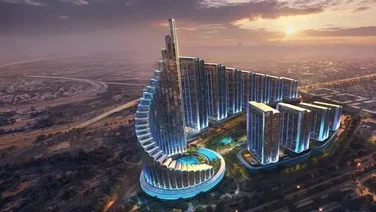
Apartments
Studios
AED 1,600,000
Meydan
Studio, 1, 2 & 3
370 - 1568 Sq Ft

Apartments
Penthouses
Townhouses
AED 2,500,000
Dubai Islands
1, 2 & 3
898 - 3312 Sq Ft

Villas
Townhouses
AED Coming soon
Dubailand
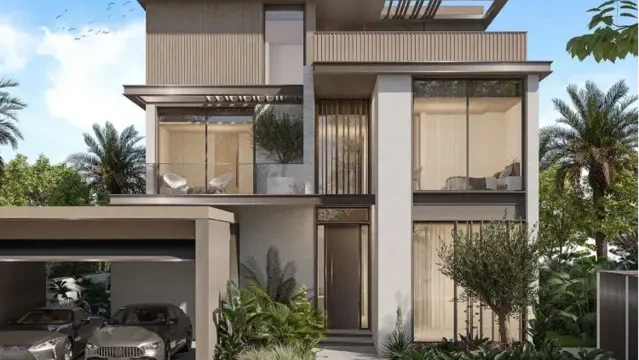
Villas
Townhouses
AED 6,150,000
Nad Al Sheba
3, 4 & 5
3252 - 5650 Sq Ft
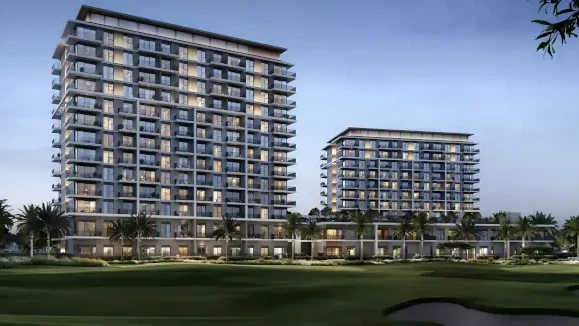
Apartments
Townhouses
AED 1,270,000
Emaar South
1, 2 & 3
788 - 2728 Sq Ft
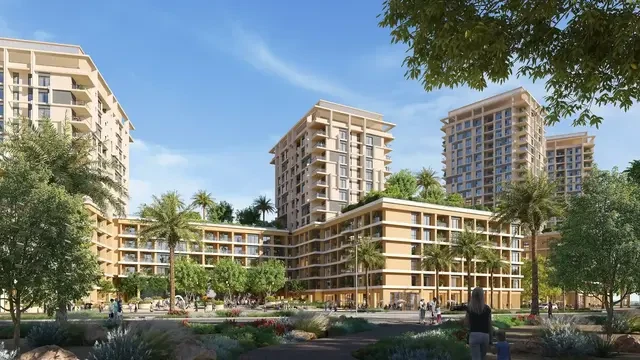
Apartments
Studios
Penthouses
Townhouses
Duplexes
AED 900,000
Wasl Gate
Studio, 1, 2, 3 & 4
523 - 1982 Sq Ft

Villas
Townhouses
AED Coming soon
Dubai Investments Park
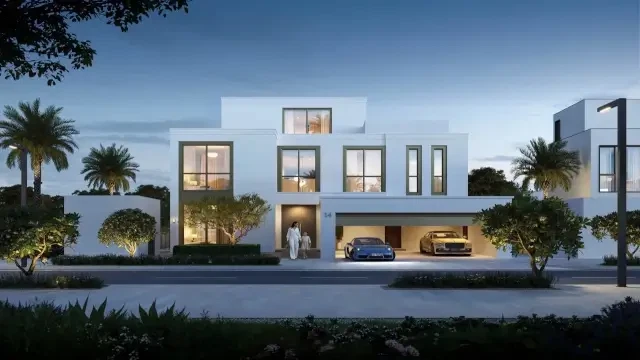
Villas
AED 16,550,000
The Oasis
4, 5 & 6
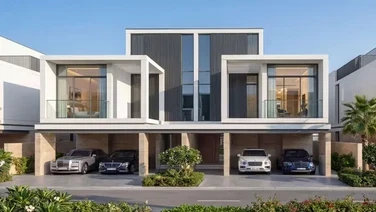
Villas
AED Coming soon
Sobha Sanctuary
4 & 5
2520 - 4154 Sq Ft
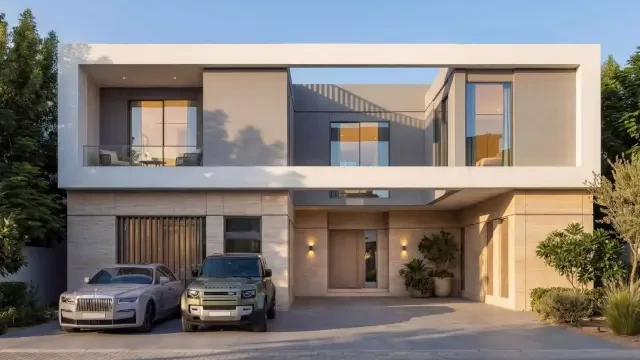
Villas
AED Coming soon
Sobha Sanctuary
4, 5 & 6
4905 - 7191 Sq Ft
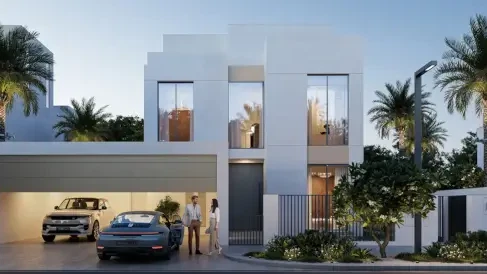
Villas
AED Coming soon
The Heights Country Club & Wellness
3, 4 & 5

Villas
AED Coming soon
Nad Al Sheba
3, 4, 5 & 6

Villas
Townhouses
AED Coming soon
Dubailand
Subscribe to our Daily, Weekly and Monthly Newsletters, Expert Advice and Latest Launch with Zero Spam, Unsubscribe Anytime.